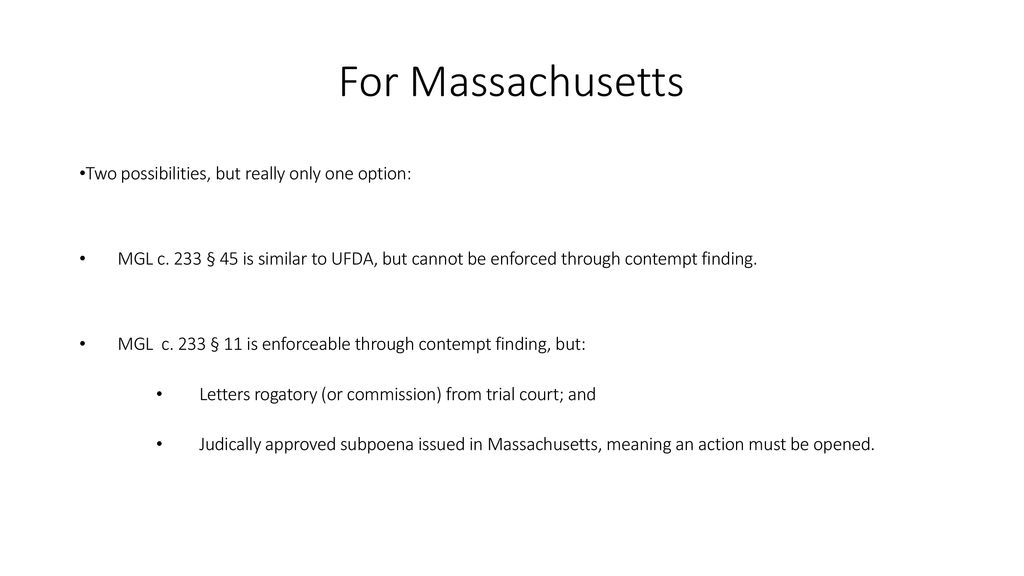Common Challenges Faced When Performing Letters Rogatory Requests
Common Challenges Faced When Performing Letters Rogatory Requests
Blog Article
The Function of Letters Rogatory in International Legislation: Secret Insights
Letters rogatory offer as an essential instrument in international regulation, assisting in cross-border legal help by enabling jurisdictions to officially ask for evidence and activities from one an additional. What effects might these obstacles have for future legal proceedings?
Meaning of Letters Rogatory
In the realm of international regulation, letters rogatory function as official requests provided by a court in one jurisdiction to look for help from a court in one more jurisdiction. Letters rogatory. These demands are especially considerable in cross-border lawful proceedings, where the enforcement of a court's order or the event of proof might be restrained as a result of administrative constraints

The procedure normally requires the requesting court to articulate the specific information or activity required from the foreign court, sticking to the legal methods and conventions developed between the jurisdictions involved. Once released, the letters rogatory are transmitted with polite channels, which might include embassies or consular offices, to make certain that the demand is acknowledged and acted upon by the international court. Generally, letters rogatory exhibit the cooperative structure crucial for reliable international lawful procedures.
Historical Context
Although the method of letters rogatory has old origins, its formalization within the structure of international law emerged significantly in the 20th century. Historically, such ask for judicial support were used in numerous legal traditions, including Roman legislation, where they promoted cross-border participation in legal issues. The idea acquired renewed focus with the increase of globalization and the increasing intricacy of worldwide lawful interactions.
The mid-20th century saw the establishment of treaties and conventions that sought to standardize the procedure of letters rogatory. Especially, the 1970 Hague Convention on the Taking of Proof Abroad in Business or civil Issues provided a structured method, enhancing the efficiency of these demands - Letters rogatory. This duration marked a shift from casual arrangements to an extra systematic framework, which attended to the obstacles posed by varying national lawful systems
As states ended up being extra synergistic, the demand for efficient mechanisms to collect proof throughout borders ended up being noticeable, enhancing the duty of letters rogatory in promoting international cooperation. Today, they continue to be a crucial instrument for acquiring proof and ensuring that justice transcends nationwide limits, reflecting the advancing nature of international legislation in action to international difficulties.
Refine of Issuing Demands
The process of releasing letters rogatory generally includes numerous crucial actions made to make sure that demands for judicial assistance are clear, particular, and certified with both international and domestic lawful criteria. A celebration seeking assistance must prepare an official request that describes the relevant facts of the case, the alleviation looked for, and the specific proof or statement needed. This file has to be crafted with precision to meet the lawful requirements of the territory in which it will be submitted.
Adhering to the prep work of the demand, it is sent to the suitable authority, typically a court or an assigned governmental agency. This authority assesses the request to ensure it complies with read more step-by-step norms and lawful requirements. Once authorized, the demand is sent to the international territory through polite networks.
Upon invoice, the foreign court assesses the demand's conformity with its local regulations and practices (Letters rogatory). If accepted, it proceeds to carry out the request, which may involve the issuance of subpoenas or the collection of evidence. Throughout this process, keeping clear communication in between the requesting and getting jurisdictions is vital to ensure successful teamwork and the satisfaction of the demand
Challenges and Limitations
Obstacles and limitations regularly arise in the procedure of carrying out letters rogatory, usually coming from differing lawful systems and treatments between territories. One considerable barrier is the varying requirements of admissibility for proof, which can lead to issues in the acceptance of paperwork asked for through letters rogatory. Additionally, the lack of uniformity in lawful terms and definitions can develop misunderstandings, complicating communication between courts in different nations.
Moreover, hold-ups are typical due to governmental processes, as the demand might need to go through multiple layers of legal authorities prior to it is Get More Info satisfied. In some Web Site instances, the requested territory may do not have the required sources or readiness to comply, even more hindering the procedure. Language obstacles likewise add to difficulties, as precise translation of legal documents is crucial for making certain that the intended message is conveyed without distortion.
Lastly, sovereignty problems may occur, as some states hesitate to abide by requests that they regard as infringing upon their legal freedom. These difficulties highlight the intricacies intrinsic in using letters rogatory, demanding higher harmonization and teamwork among worldwide legal systems to boost their effectiveness.

Impact on International Teamwork
Identifying the significance of letters rogatory in fostering international teamwork is crucial, as these demands facilitate cross-border legal support and advertise collaborative efforts in criminal and civil issues. By making it possible for one jurisdiction to formally request help from one more, letters rogatory create an organized lawful framework that boosts the efficiency of worldwide communication between judicial authorities.
Using letters rogatory aids to develop mutual depend on and regard among countries, which is necessary in a significantly interconnected globe. They offer as a mechanism not only for collecting proof however also for making certain that lawful procedures are maintained across boundaries. This is specifically important in combating transnational crime, where the inability to safeguard cooperation can undermine justice.
Furthermore, the reliance on letters rogatory can streamline complicated legal procedures, reducing delays and unpredictabilities in worldwide investigations. The procedural safeguards fundamental in this process add to the security of private legal rights while assisting in participation among states. Inevitably, the influence of letters rogatory on international participation emphasizes their function as crucial devices in the promo of justice, fostering a joint spirit that goes beyond legal systems and national borders.
Conclusion
In conclusion, letters rogatory serve as a vital tool in global law, helping with cross-border lawful aid and teamwork. The ongoing evolution of these devices is essential for improving the efficiency of global lawful processes, inevitably cultivating more powerful partnership in both civil and criminal issues throughout jurisdictions.
Letters rogatory serve as a pivotal instrument in international regulation, facilitating cross-border legal assistance by permitting territories to formally request proof and activities from one an additional.The process normally requires the asking for court to articulate the specific details or action required from the international court, sticking to the lawful methods and conventions established between the territories involved. Historically, such demands for judicial aid were used in numerous lawful practices, including Roman legislation, where they facilitated cross-border teamwork in lawful matters.The process of providing letters rogatory commonly includes several important steps designed to make sure that demands for judicial aid are clear, certain, and certified with both domestic and worldwide lawful criteria.In addition, hold-ups are usual due to administrative processes, as the demand might require to pass through multiple layers of lawful authorities prior to it is fulfilled.
Report this page